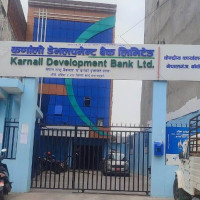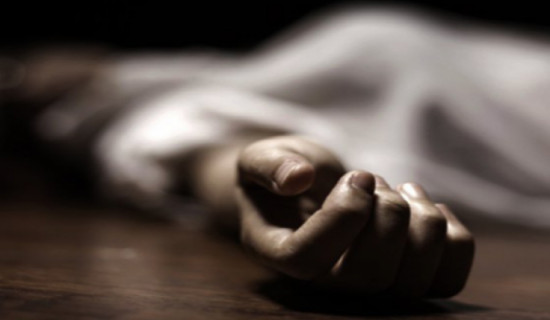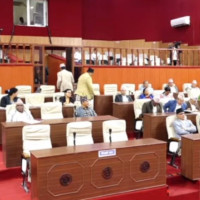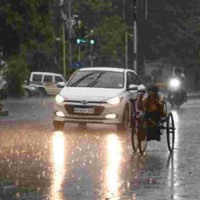- Thursday, 7 August 2025
SC questions Resham Chaudhary’s release
By A Staff Reporter,Kathmandu, Aug. 18:The Supreme Court’s full text of the verdict on the Tikapur incident made public on Thursday has challenged the government’s decision to release Resham Lal Chaudhary, the major accused of the incident.
A joint bench of Justices Ananda Mohan Bhattarai and Nahakul Subedi gave the final verdict on the case on May 16. But the full text of the verdict was made public on Thursday.
Chaudhary had appealed in the SC challenging the orders from the Kailali District Court and Doti High Court. The district and high court had sentenced Chaudhary to lifetime imprisonment for his involvement in the Tikapur incident. The Supreme Court upheld the decisions of the district and high court.
“The case file and the evidence of the incident show Resham Lal Chaudhary as the individual who had plotted the violent protest in Tikapur on August 17, 2015, attacked police officers and ordered others to attack the officers as well,” read the full text.
The full text also states that the group of individuals accused in the incident, including Resham Lal, had killed eight individuals – seven
security personnel and a minor – even when they begged for their lives.
The bench stated that the protest in Tikapur was organised with the aim of killing 36 police officers and Resham Lal’s involvement in the crime scene was established beyond reasonable doubt.
According to the full text, the constitution of Nepal has given the right to express grievances in a peaceful manner but not the right to kill unarmed individuals. The text also stresses that the Tikapur incident clearly attracted the Criminal Code.
“Giving clearance to a criminal act under a political affiliation was against the equality of arms to be ensured in criminal code and the principle of neutrality,” read the full text.
On the recommendation of the government, the President of Nepal pardoned Resham Lal on the occasion of Republic Day on May 29.
The court has also clarified that criminal laws did not see a crime perpetrated by a political individual as a political incident and the same crime performed by ordinary citizens as a crime.
According to the full text, if the state starts politicising criminal acts, it is time to say there is a rule of law deficiency syndrome in the country.
“Ordering to not take a criminal case forward citing political reasons/agreement/interest was against the country’s constitution/law/justice,” the full text read.

















